
The Center for Encephalopathies and Emerging Communicable Diseases
Looking for Partnership Looking for Extra EU Funds
The Center for Encephalopathies and Emerging Communicable Diseases of the University of Zaragoza. The center, located in the Veterinary Campus, aims to become one of the Singular Scientific and Technical Infrastructures (ICTS) with a great impact on R+D+i, taking into account that ICTS are facilities or resources to develop cutting-edge research of the highest quality, exceptional in its kind.
The main objectives of this Center are to carry out reference research and diagnosis in the field of Transmissible Spongiform Encephalopathies (TSEs), as well as other emerging transmissible animal diseases of growing importance now and in the future.
In fact, the Center for Encephalopathies and Emerging Transmissible Diseases has always been the National Reference Center for Transmissible Spongiform Encephalopathies in Spain, where the first cases of Bovine Spongiform Encephalopathies, BSE, known as “mad cow disease”, were diagnosed in 2000, and where a large number of the cases registered in Spain have been confirmed.
The Center is an international reference (OIE), with activities in public health, animal health and food safety, and BSL3 biosafety conditions. Neurology specialists from Miguel Servet Hospital also participate.
The Center has extensive experience in participation in international projects, VI and VII Framework Program, EMIDA and has coordinated FEDER funds (COTSA EFA85/08, CONCOTSA, EFA 205/11, TRANSPRION EFA 282/13 and REDPRION EFA 148/16) of POCTEFA.
In the present we are coordinators of EU INTERREG POCTEFA NEURO-COOP Project, which addresses the challenge of advancing the diagnosis and understanding of neurodegenerative diseases such as Alzheimer's, Parkinson's and others. It responds to the need to improve early diagnosis, distinguish between different diseases and identify biomarkers and therapies.
The Center for Encephalopathies and Emerging Communicable Diseases of the University of Zaragoza. The center, located in the Veterinary Campus, aims to become one of the Singular Scientific and Technical Infrastructures (ICTS) with a great impact on R+D+i, taking into account that ICTS are facilities or resources to develop cutting-edge research of the highest quality, exceptional in its kind.
The main objectives of this Center are to carry out reference research and diagnosis in the field of Transmissible Spongiform Encephalopathies (TSEs), as well as other emerging transmissible animal diseases of growing importance now and in the future.
In fact, the Center for Encephalopathies and Emerging Transmissible Diseases has always been the National Reference Center for Transmissible Spongiform Encephalopathies in Spain, where the first cases of Bovine Spongiform Encephalopathies, BSE, known as “mad cow disease”, were diagnosed in 2000, and where a large number of the cases registered in Spain have been confirmed.
The Center is an international reference (OIE), with activities in public health, animal health and food safety, and BSL3 biosafety conditions. Neurology specialists from Miguel Servet Hospital also participate.
The Center has extensive experience in participation in international projects, VI and VII Framework Program, EMIDA and has coordinated FEDER funds (COTSA EFA85/08, CONCOTSA, EFA 205/11, TRANSPRION EFA 282/13 and REDPRION EFA 148/16) of POCTEFA.
In the present we are coordinators of EU INTERREG POCTEFA NEURO-COOP Project, which addresses the challenge of advancing the diagnosis and understanding of neurodegenerative diseases such as Alzheimer's, Parkinson's and others. It responds to the need to improve early diagnosis, distinguish between different diseases and identify biomarkers and therapies.
Keywords and matching areas:
Get Access to the 1st Network for European Cooperation
Log In
or
Create an account
to see this content
Veterinary
Agriculture
Animal Health and Welfare
Food Safety
Young Farmers
Waste Management
Mental health
1 year ago
Veterinary
Animal Health and Welfare
Genetic Resources
Health Care
Waste Management
1 year ago


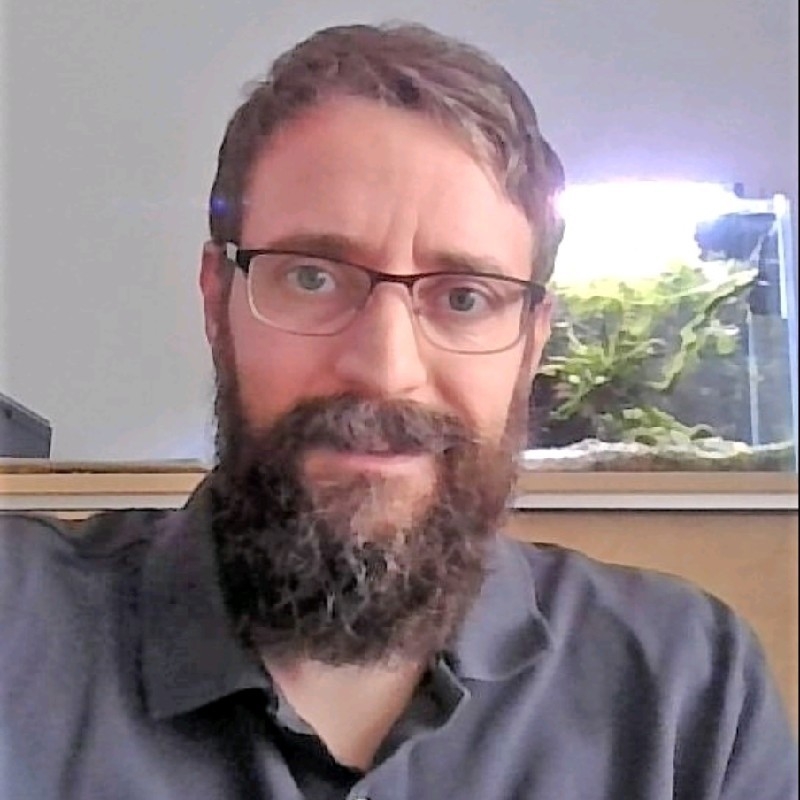







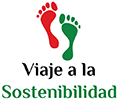
















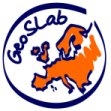
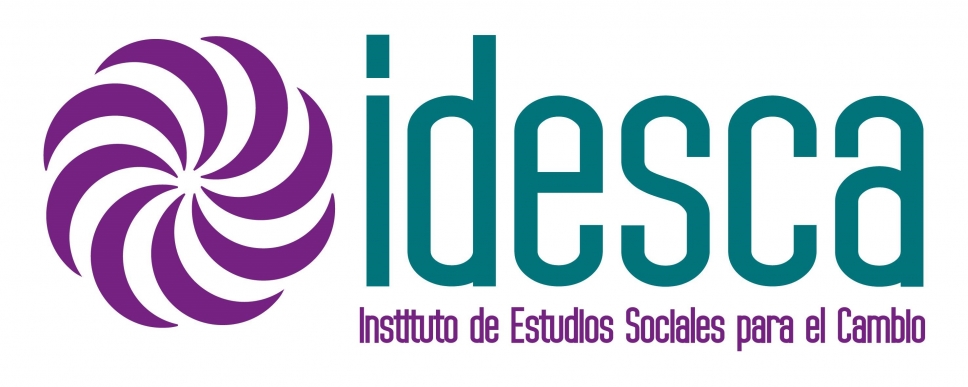

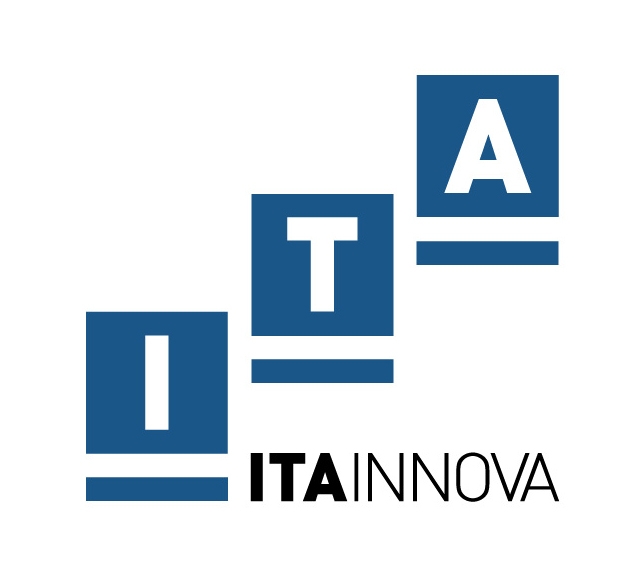




Please Log In to See This Section